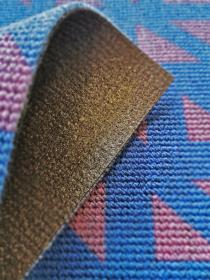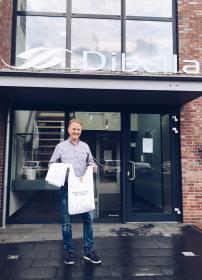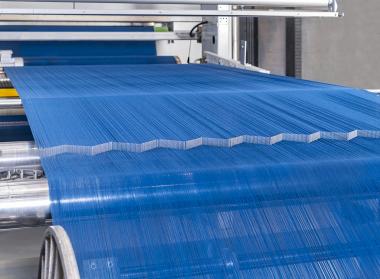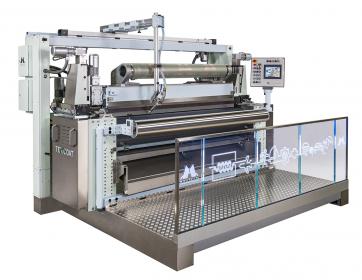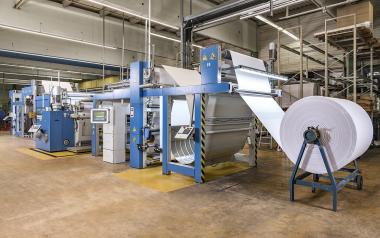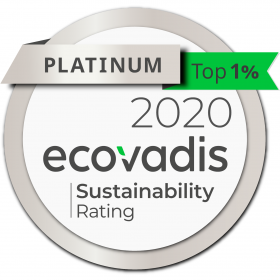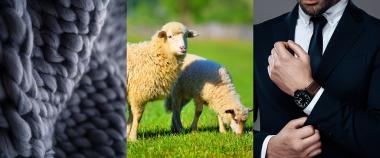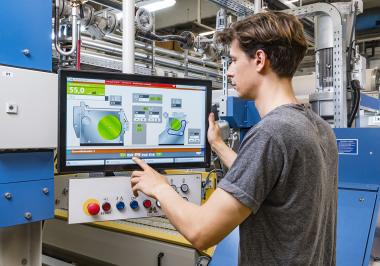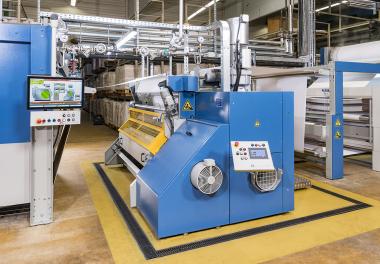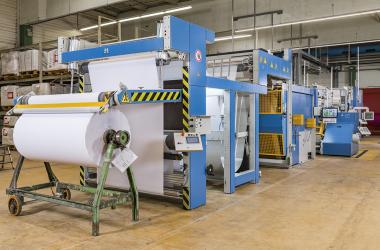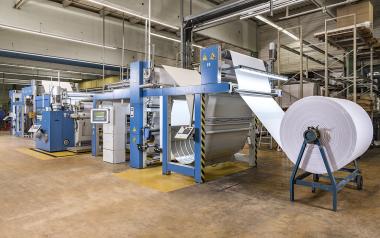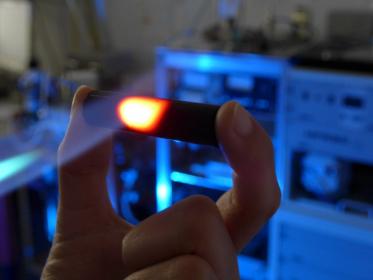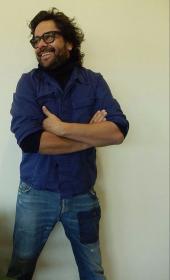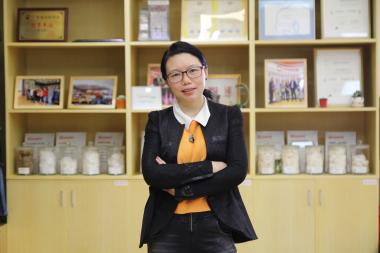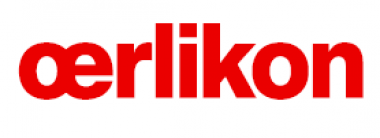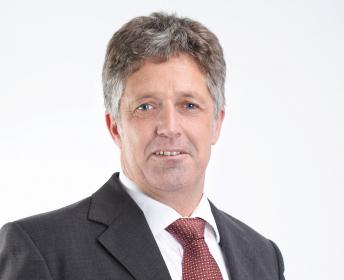Anker, Devan and Shark Solutions develop flame retardant aviation carpet
Anker, Devan and Shark Solutions teamed up to create the world’s first flame retardant aviation carpet using a recycled binder. Inspired by the knowledge and the needs of the aviation market, Anker motivated to achieve this new goal together. The PVB binder reuses laminated glass, from windshields and architectural/building glass, that otherwise would go to landfill.
German carpet manufacturer Anker is the first company to offer flame retardant carpets for aviation that are made with a recycled binder. In the search for a more sustainable binder, Anker discovered the PVB from Shark Solutions, a Danish cleantech company focused on giving a new life to post-consumer PVB. Properties of the aviation carpet with PVB as binder are the same as those of traditional non-sustainable carpets. The market has been looking for this type of solutions for a long time and market introduction has already started. Anker will introduce well known and special developed styles of aviation carpets with PVB and plan to take out traditional non-sustainable aviation carpets stepwise as soon as possible.
Shark’s PVB reuses laminated glass, from windshields and architectural/building glass, that otherwise would go to landfill. The non-toxic binder (no chlorine or phthalates) is fully recyclable and thus lives up to the future standards of the industry.
Textile innovator Devan Chemicals, known for its tailor-made flame retardant solutions, was called in to develop the flame retardant back coating, which is compliant with the Airbus and Boeing safety standards. “Based on many years of experience and competences in customer related developments, improving recycling rates is getting more and more important”, says Dirk Vanpachtenbeke, R&D manager Flame Retardants at Devan. “We are very proud that, together with Anker and Shark Solutions, we can contribute to this rising demand for products that meet the standards of a circular economy solution.”
In other news, Anker and Devan are already working on a new project, which includes Devan’s antimicrobial/viral-reducing technology. Recently, Devan published test results on the activity of their technology (BI-OME®) against SARS-CoV-2 and other viruses. According to independent testing, BI-OME is proven to achieve 99% and higher virus reduction, including of SARS-COV-2, on samples before washing and retains 98.5% even after 25 wash cycles. This technology has been recognized with the 2020 European Technology Innovation Leadership Award by Frost & Sullivan.
Devan Chemicals NV / Marketing Solutions NV


